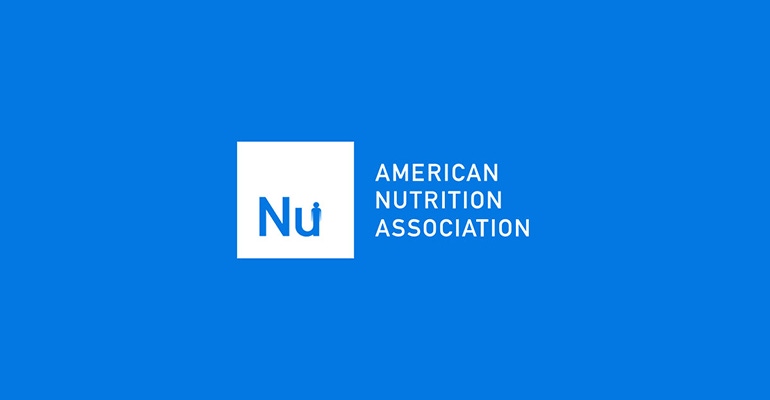New American Nutrition Association intends to make nutrition central to healthcare
A consortium of organizations, the American Nutrition Association launched in November and has ambitious goals to use personalized nutrition to transform how illness and disease are treated.

Michael Stroka thinks the mission of the American Nutrition Association might be too big for one organization. That’s why the newly formed ANA is actually a “family” of five organizations.
The new Association was announced in late November with a mission of “moving nutrition to the core of healthcare” and the “family” Stroka consists of the American College of Nutrition, the Board for Certification of Nutrition Specialists, the Accreditation Council for Nutrition Professional Education, the Center for Nutrition Advocacy and the American Nutrition Association Foundation.
New Hope Network spoke with American Nurition Association’s CEO about the mission and why that family can succeed where so many companies and organizations have made little progress.
What is the urgency behind forming the ANA?
Michael Stroka: There is an absolute crisis of chronic disease and obesity in our country and nutrition is the number one factor driving that crisis. The science shows us that by its very nature, nutrition is also the strongest lever that can reverse the crisis. And yet, if you look around at our health care system and our healthcare culture, nutrition is still very much on the periphery. So, how do you square that circle? How do you close that nutrition gap? We dug into that question and that’s how we came up with this organization.
Why bring together this mix of organizations?
MS: Up till this point, there is no catalyst to be able to truly move, nutrition, into the core of healthcare and healthcare culture where it belongs. One of the biggest drivers of change is the health care professionals themselves and there was no unified profession for personalized nutrition. We have the five organizations that were each doing pieces of that work, but doing them separately: a professional society, a certifying body and accrediting body, an advocacy arm, a foundation and a public outreach organization. It's really just bringing together all of those.
Why do you think personalized nutrition is going to make a difference when there is already so much information about nutrition that’s being ignored?
MS: The information that is out there is typically population-based. It can directionally give clues to how humans function, but it is far from optimal. You really need to be address individuals, ultimately, all the way down to the N of 1 level to really get to the true power of nutrition to transform their health. Up to this point, nutrition has largely remained in that big domain of wellness and prevention. People can be a little bit healthier if they do some of these population-based things like eating more vegetables. With the science that's coming on line, the tools that are coming online, we're able to now start to really get detailed and that means we can turn nutrition into actual healthcare interventions for individuals. As that sea change makes its way through the healthcare system, into the healthcare culture and into the popular culture itself, that's where we will start to really see this ship turning around and nutrition won’t be something outside of the healthcare system.
What are you doing that the other nutrition organizations are not doing?
MS: We’re not a trade association, we're a professional association. Trade associations typically represent commercial interests. We are a nonprofit dedicated to the science and practice of personalized nutrition, which means our customers are healthcare practitioners, scientists, and the public. For allopathic medicine, you've got the American Medical Association. Now for nutrition for personalized nutrition, you've got the American Nutrition Association. We do more because we also directly work with the public. One analogy is the American Heart Association. The American Heart Association does a lot with regards to science and training and education like we do and advocacy of course. They also do a lot of educating of the public directly, and that's a key aspect of what we do.
Have the nutrition industry natural products industry and supplements done a good job of moving in nutrition into healthcare?
MS: I think it is very it's very challenging for any one company, but also any group of companies, to spearhead the work of moving the discipline of nutrition into the healthcare system. Health care professions have a better chance to do that, not commercial entities. The industry has done tremendous work around laying the groundwork in terms of the scientific basis, in terms of extremely high-quality products, nutrient-dense foods, supplements, medical food, functional foods. There are amazing labs and diagnostics technologies, platforms, and so many amazing products and services from this innovative industry. But the companies themselves are simply not in a position to do it. And that's exactly where the American Nutrition Association comes in.
About the Author(s)
You May Also Like




